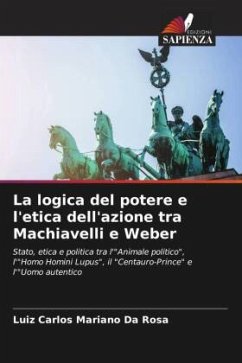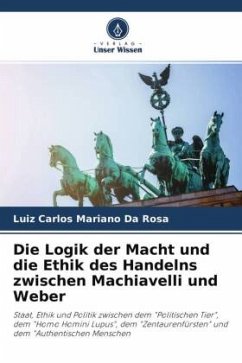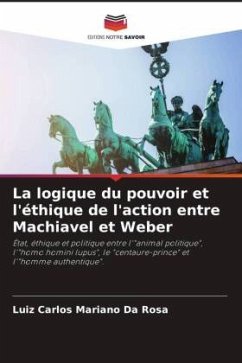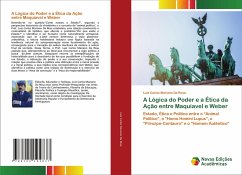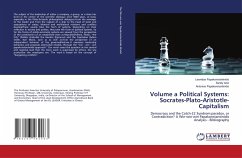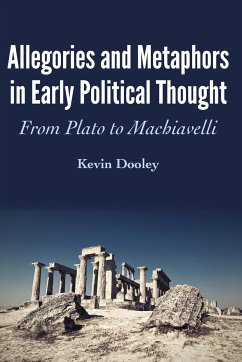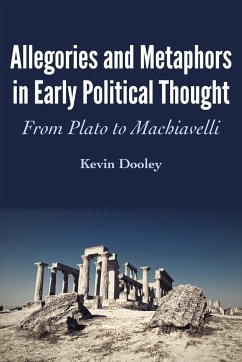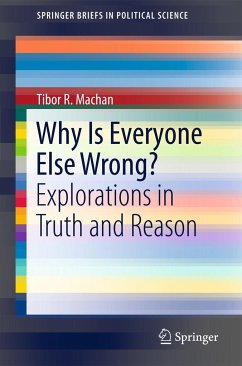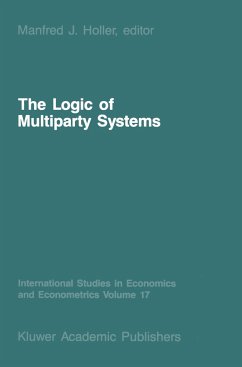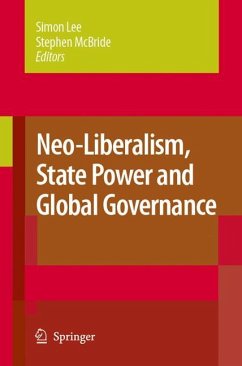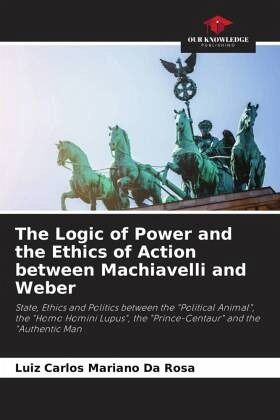
The Logic of Power and the Ethics of Action between Machiavelli and Weber
State, Ethics and Politics between the "Political Animal", the "Homo Homini Lupus", the "Prince-Centaur" and the "Authentic Man
Versandkostenfrei!
Versandfertig in 6-10 Tagen
40,99 €
inkl. MwSt.

PAYBACK Punkte
20 °P sammeln!
Dwelling on the question "How was the State born?", according to Aristotle's historicist perspective and the concept of "political animal", Prof. Luiz Carlos Mariano Da Rosa establishes a relation involving Hobbes' rationalism, who approaches the problem "Why does the State exist? "and identifies the human being as naturally antisocial , showing that if the common good determines the Platonic-Aristotelian vision, the Hobbesian reading establishes a logic based on the natural tendency of self-preservation as the foundation of action, converging to the transition from the mechanical order of mat...
Dwelling on the question "How was the State born?", according to Aristotle's historicist perspective and the concept of "political animal", Prof. Luiz Carlos Mariano Da Rosa establishes a relation involving Hobbes' rationalism, who approaches the problem "Why does the State exist? "and identifies the human being as naturally antisocial , showing that if the common good determines the Platonic-Aristotelian vision, the Hobbesian reading establishes a logic based on the natural tendency of self-preservation as the foundation of action, converging to the transition from the mechanical order of matter to the final order of will. In this way, Prof. Dr. Luiz Carlos Mariano Da Rosa points out that the hobbesian reading of the book is based on the natural tendency of self-preservation as the basis of action. This implies a correspondence with Weber, who identifies politics as a relation of domination and the exercise of two ethics: the "ethics of conviction" and the "ethics of responsibility".



